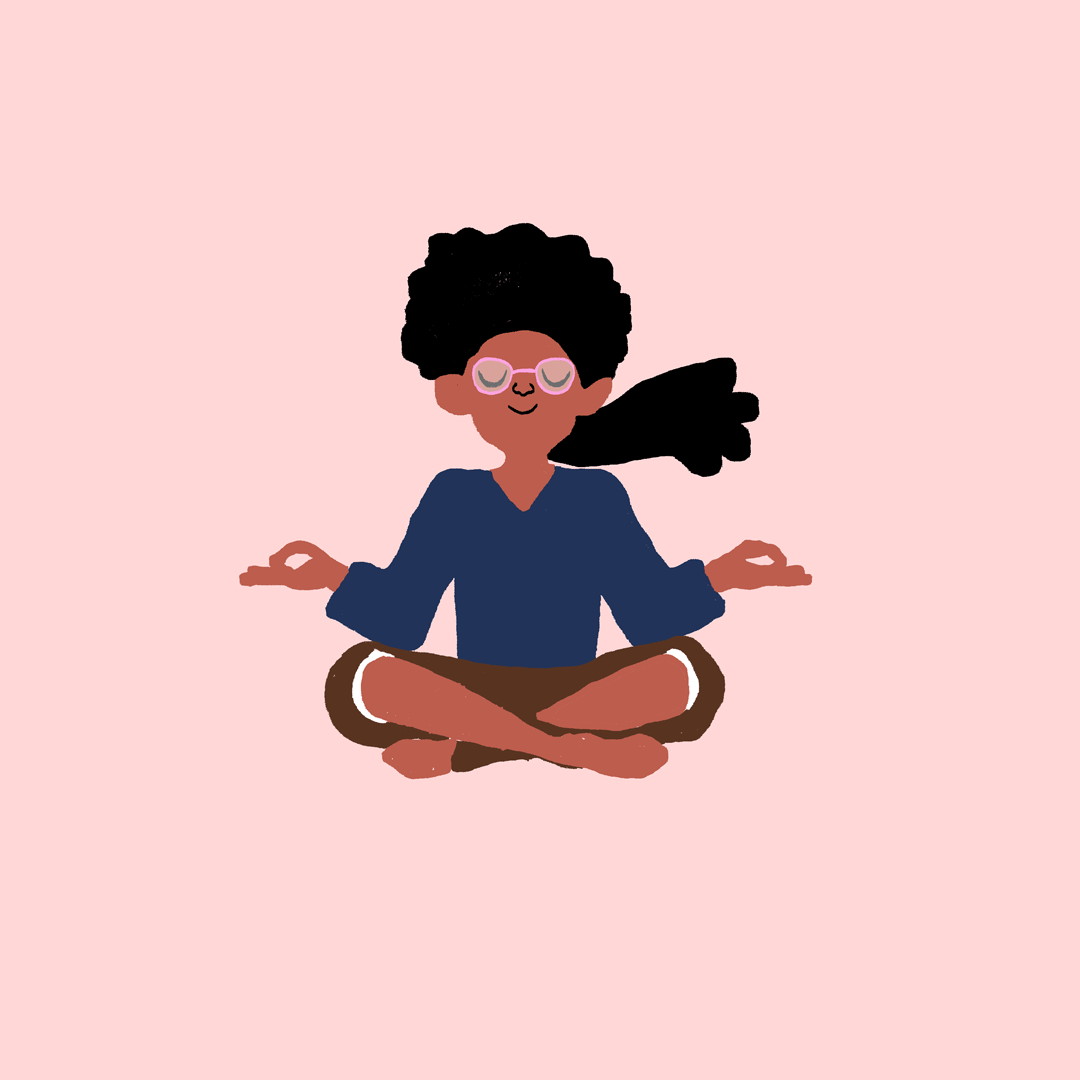We all feel anxious from time to time when facing situations that are uncertain, scary, or challenging. Anxiety is a very natural human emotion, designed to keep us safe from potential threats. Anxiety can often feel like a sense of uneasiness or worry. You might also have physical symptoms – like increased heart rate, rapid breathing, headaches, or stomach troubles – to name a few.
Young people in particular go through many changes and new experiences, so feeling anxious is very common. And the New Normal after COVID-19 pandemic has brought with it a new set of challenges, increasing the risk of anxiety for many.
It can feel overwhelming, but there are things we can all do to keep it from taking over. Here are 5 steps to try.

- Take a deep breath – Breathe in slowly through your nose and out through your mouth. Do this a few times till you feel calmer. Taking slow, intentional, belly breaths is one of the simplest and most effective things we can do to reduce anxiety, as it increases the supply of oxygen to our brains and helps to promote a sense of calm. Breathing too fast is common when experiencing anxiety, and it actually causes physical symptoms like tingling throughout the body which causes more anxiety. You could consider incorporating a daily breathing exercise into your routine, or try progressive muscle relaxation techniques (where you tense and relax specific muscle groups); this can help relax the body and distract your mind from worrying thoughts.
Read the whole article HERE
Article courtesy: https://www.voicesofyouth.org/anxiety-guide

